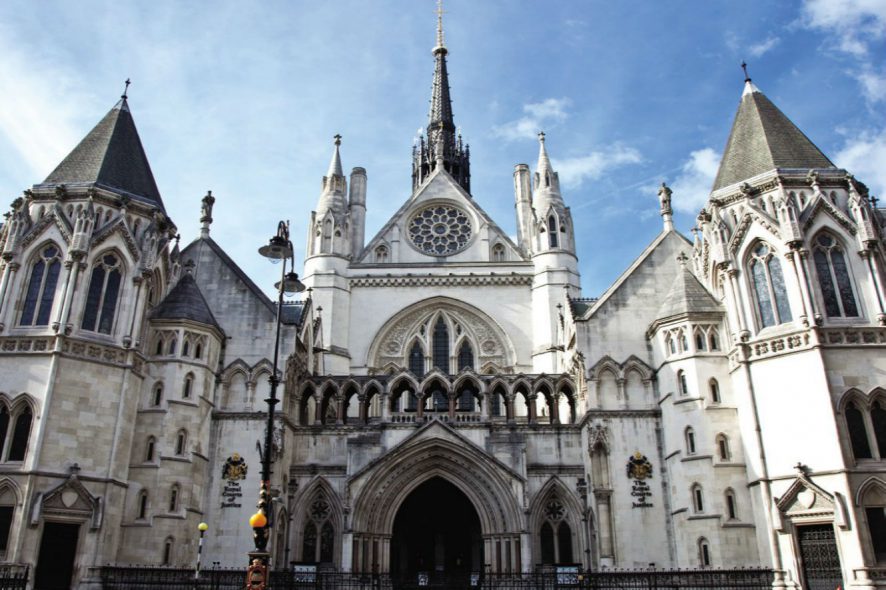High Court of Justice, Queen’s Bench Division (England and Wales): Recently before the High Court, the statutory guidance, ‘Adults at Risk in Immigration Detention’ issued under Immigration Act, 2016 was in question. This Guidance came into force in September 2016, in accordance with the Immigration (Guidance on Detention of Vulnerable Persons) Regulations.
The charity Medical Justice alleged that the government had adopted an extremely and unreasonably narrow definition of ‘torture’ in policy changes made last year in September relating to Article 1 of the UN Convention against Torture and Other Cruel, Inhuman and Degrading Treatment or Punishment (UNCAT). It was argued by petitioners that the new definition (impugned) had led to many detainees including the victims of human trafficking as not to be recognized as victims of torture. It was contended that the change in policy did not comply with the Government’s public sector equality duty under the Equality Act 2010.
Out of the seven claimants, two of whom were women submitted that they suffered severe ill-treatment at the hands of persons who were not state agents and were subjected to sexual violence, rape and human trafficking for sexual exploitation. After the new policy came into operation, both had fallen outside the definition of torture and were no more protected from detention. The counsel apprised the Court of the fact that the rest of the claimants also fell out of the new definition and these individuals had been seriously ill-treated by drug traffickers or because of their race, religion, or being homosexual or members of an ethnic minority. Counsel Ms. Harrison told the Court that torture did not only occur in police stations or by the state security forces, but also “in your own home or in hotels”.
On the other hand, counsel on behalf of Home Office Home Office submitted that it was not correct to suggest that its “adults-at-risk” policy excluded victims of torture who fell outside the UNCAT definition. It was contented that it included those who had experienced any kind of traumatic event, of which torture is a part or example and likely to make them vulnerable, if placed in detention.
Justice Ouseley observed that the ‘chief problem’ with the UNCAT definition “is that it excludes certain individuals whose experiences of the infliction of severe pain and suffering may indeed make them particularly vulnerable to harm in detention”. Finally, he concluded and held that AARSG had fallen short of meeting the statutory purpose which it was required to meet on the basis that there were some, excluded from the scope of ‘Uncat torture’ and who would not fall under any other indicator but were still vulnerable to detention. [Medical Justice v. Secretary of State for Home Department, [2017] EWHC 2461 (Admin), decided on 10th October, 2017]



